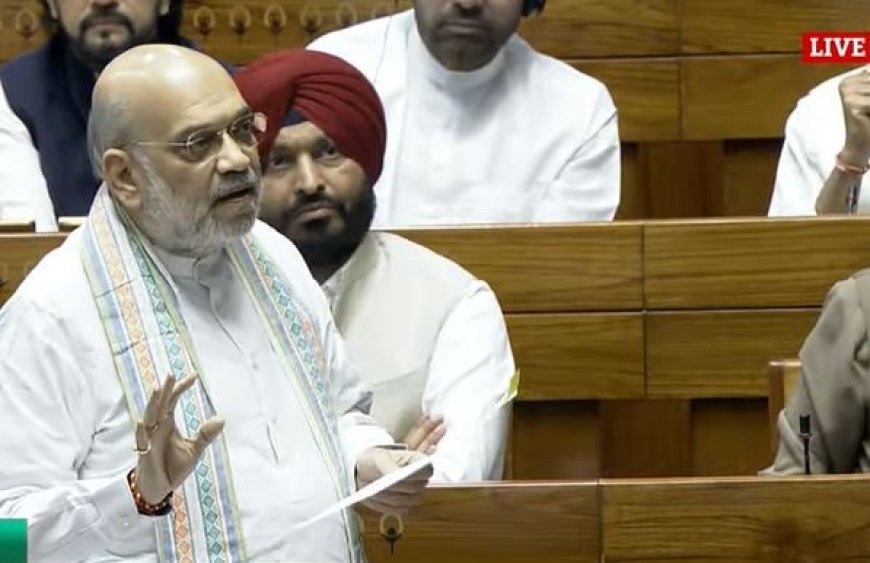"Can't Donate Someone Else's Property," Says Amit Shah On Waqf Bill
Union minister Amit Shah, speaking at the debate over the Waqf Amendment Bill in Lok Sabha this evening, presented a long list of properties that he said were given for Waqf.

Can't Donate Someone Else's Property, Says Amit Shah On Waqf Bill
In a recent statement, Union Home Minister Amit Shah addressed the contentious Waqf Bill, clarifying the legal nuances surrounding the donation of properties owned by others. This comment has sparked significant conversation across various sectors, highlighting the importance of property rights and legal ownership in India. Shah's remarks reflect a critical viewpoint on how waqf properties are managed and governed within the country.
The Essence of the Waqf Bill
The Waqf Bill aims to streamline the management and accountability of waqf properties, which are designated for religious and charitable purposes in Islam. Amit Shah emphasized that for any property to be donated under waqf, the donor must be the legitimate owner of that property. This statement holds implications for the ethical and legal dimensions of property transfer in religious contexts.
Legal Implications and Ownership Issues
Shah's assertion raises essential questions about ownership and legal rights. The Waqf Bill seeks to address the complexities of property management, ensuring that only rightful owners can donate to waqf. This underscores a wider legal principle across numerous jurisdictions where ownership is a cornerstone of charitable donations. The minister's remarks are seen as an effort to bring clarity to a muddled situation and protect the interests of genuine donors.
Public Reactions and Political Context
The response to Shah's comments has been diverse. Many community leaders welcome the clarification on property rights, while others express concern about its implications for waqf donations. The political landscape is also impacted, as this issue intertwines with broader discussions around minority rights and social justice within India. As the debate continues, it is clear that the Waqf Bill's provisions will play a significant role in navigating these challenges.
Future Proposals and Community Outreach
As the government prepares to move forward with the Waqf Bill, it is vital to include community voices in the discussion. Engaging with stakeholders will be crucial to ensure that the legislation meets both legal standards and the needs of those it aims to serve. Enhanced awareness and education about waqf properties and their management is necessary for fostering trust and transparency among communities.
In conclusion, Amit Shah's statements on the Waqf Bill bring critical attention to the intersection of property rights, legal frameworks, and charitable donations. As India navigates these complex issues, it is imperative that policies reflect the values of accountability and integrity.
News by dharmyuddh.com Keywords: Amit Shah Waqf Bill comments, can't donate someone else's property, India Waqf properties law, waqf property management issues, legal rights waqf donations, property ownership and waqf, waqf bill implications for communities, charitable donations and property rights.







